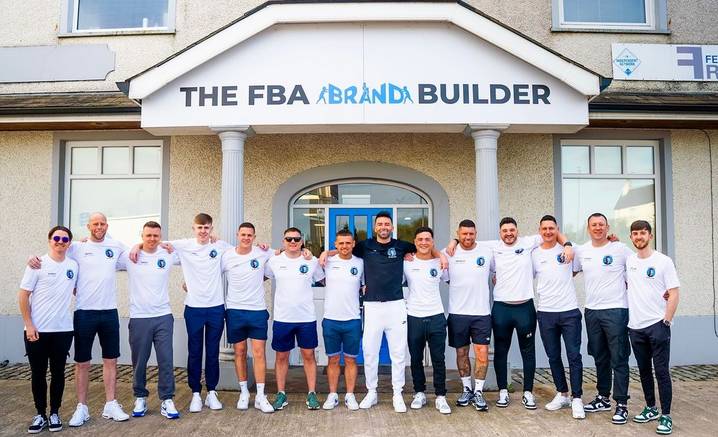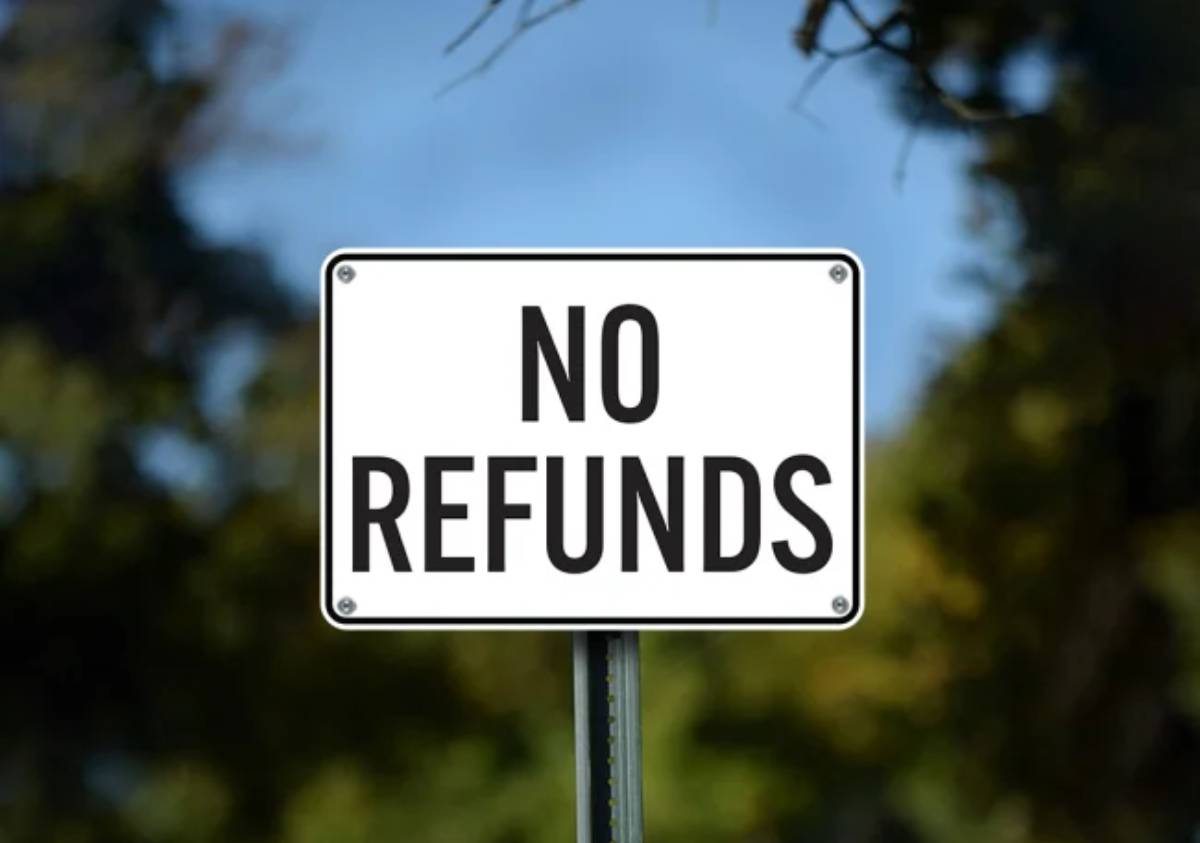Darren Campbell’s FBA Brand Builder program loves to flaunt its no refund policy, but as it turns out, that claim isn’t as rock-solid as it seems. Some savvy clients have successfully fought back and gotten their money refunded. And with those refunds on record, it’s starting to raise some big questions about whether the policy—and even the contract—would hold up under scrutiny in the UK or Northern Ireland.
When “No Refunds” Isn’t Exactly True
One client, like so many others, bought into the hype—hooked by promises of passive income and financial freedom. But not long after signing up, they discovered the real price tag. That £6,500 onboarding fee? It was just the beginning. By the time they factored in all the extras—branding, trademarks, listing services—the costs shot up to over £11,000.
Naturally, they felt blindsided. None of these add-ons had been clearly explained up front. So, they pushed back, documenting their concerns and demanding a refund. It wasn’t easy, and things got pretty tense with the team. But after a lot of persistence, they eventually got their money back—despite the so-called no refund clause.

The Problem with Hidden Costs
This isn’t just one person’s story, either. Other clients have shared similar experiences. The common thread? A complete lack of transparency about all the extra costs involved. Here’s what clients often find themselves shelling out for after they’ve already paid that hefty onboarding fee:
- Branding packages
- Trademarks
- FBA listing services
- Monthly or yearly software subscriptions
For a program that markets itself as life-changing, these hidden fees are a real gut punch. And they’re not just frustrating—they could also be a legal weak point. Consumer protection laws in the UK and Northern Ireland take transparency seriously, especially when big money is on the line.
Refunds That Throw the Policy Into Question
Here’s where it gets interesting: the fact that some clients have successfully gotten refunds could throw the no refund policy into doubt. Why? Because if refunds are being given out selectively, it undermines the whole idea of a blanket policy. And in legal terms, that’s a problem.
Under UK and Northern Ireland law:
- Unfair Terms: The Consumer Rights Act 2015 protects people from contract terms that aren’t balanced or fair. If the refund policy is vague, hidden, or inconsistently applied, it could be challenged.
- Misrepresentation: If the program didn’t clearly outline all the costs up front, that might count as misleading clients into signing up.
- Refund Precedent: If refunds have been given to others, it shows the policy isn’t ironclad—and that’s a big deal if legal action ever comes into play.
Refunds granted here and there could crack open the door for more people to argue their case—and possibly even challenge the entire contract.

What You Can Do
If you’ve been feeling duped by the no refund policy, don’t lose hope. Here’s how you can fight back:
- Keep Receipts (Literally): Save every email, contract, and screenshot that shows a lack of transparency or hidden costs.
- Find Proof of Refunds: If other clients have gotten refunds, that’s powerful evidence you can use.
- Know Your Rights: UK and Northern Ireland consumer protection laws are on your side if the terms of the program weren’t clear or fair.
Think Twice Before Signing Up
For anyone considering FBA Brand Builder, take this as a warning. The hidden costs and patchy enforcement of the refund policy are serious red flags. And for current clients, the fact that refunds have been issued before is proof that the no refund policy isn’t as bulletproof as it sounds.
The takeaway? You don’t have to just accept the situation. You have options, and consumer laws are there to back you up. Persistence, documentation, and knowing your rights can make all the difference. If refunds have happened before, they can happen again—don’t let the “no refunds” claim scare you off.

